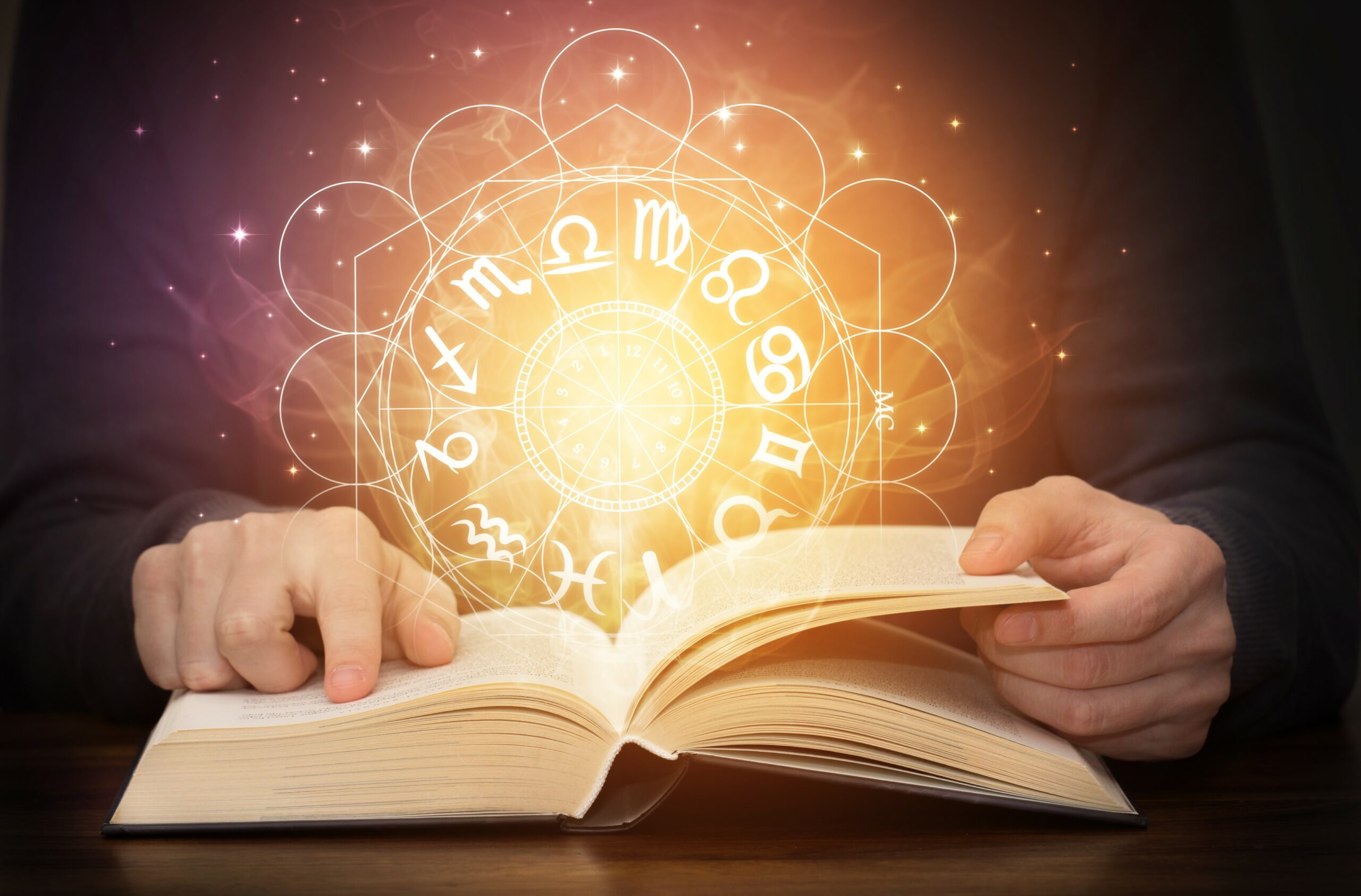A
A
A
There are several types of astrology that help individuals learn more about themselves and their natal energies. Two of the main types of astrology are Western and Vedic astrology. Many people are familiar with Western astrology as it includes both the main and outer planetary positions. Vedic astrology, originating in India, is also very popular. In this article, we will explore both Western and Vedic astrology noting the similarities and differences and why some people prefer one over the other.
Western Vs. Vedic Astrology
Western and Vedic astrology are both astrology systems that explore the exchange of energy between planetary bodies. Western astrology is considered Tropical or fixed astrology where there are fixed dates for the positions of the planetary bodies and, thus, the dates in which the applicable zodiac signs end and begin.
Read More »
In contrast, Vedic astrology is based on what is known as the sidereal astrological system where the positions of the planets are recalculated based on movement. Because of the movability of the Vedic astrological system, the dates on which the astrological signs begin and end are changeable. Also, because Vedic astrology uses mathematical calculations at a higher rate to account for the movement of the planetary bodies, it is believed by many to be more accurate than Western astrology.
In either case, both Western and Vedic astrology has much to offer those that are interested in learning more about their natal astrological energies.
Similarities & Differences?
Western and Vedic astrology have their similarities and differences. Both of these astrological systems are based on a system of time using planetary bodies. The difference is that with Western astrology the timing system is solar, so the movement and placement of the sun influences how natal chart information is interpreted. Vedi astrology is lunar-based which involves a different interpretation where the placement and position of the moon used to provide information about the natal energies in a birth chart.
Speaking of birth charts, Western and Vedic astrology approach birth charts similarly and differently. For those that are familiar with Western astrology, there is the circular birth chart divided into 12 sections which represent the houses and the 12 astrological signs. Vedic astrology uses a square chart with 12 boxes for the main planetary placements as well as the North and South Node which are known as Rahu and Ketu respectively.
While one may think that both Western and Vedic astrology utilizes the same planets in their astrological analysis, this is not the case. Vedic astrology uses nine planets (Sun, Moon, Mars, Mercury, Jupiter, Venus, Saturn, and the Moon Nodes Rahu and Ketu) while Western astrology utilizes the 12 planetary bodies that include what is considered the outer planets of Uranus, Neptune, and Pluto. Also, Vedic astrology also utilizes Nakshatras which are 27 lunar constellations.
Another interesting fact is that Vedic astrology has “remedies” for each of the planets as well as for specific issues that are related to negative planetary energies. These remedies are based on the fact that Vedic astrology is a karmic-based practice, thus, it is most beneficial to provide practical ways to relieve suffering. Western astrology does not have remedies but offers detailed interpretations from a psychological perspective encouraging the astrology native to consider imbalances and how to fix them.
In terms of astrological analysis, Western and Vedic astrology does differ. Some would say that Western astrology is more psychology-based with an emphasis on using the various placements to help individuals understand various aspects of their psyches. Vedic astrology appears to be more karmic where the interpretations are based on what the astrological native has earned based on the planetary placements, positions, and aspects.
Astrology Types & Personal Preferences
When considering astrology types, is one really better than the other? Both Western and Vedic astrology have their benefits. Those that prefer a more psychological approach to astrology will find that Western astrology offers more reflective interpretations in this regard. Vedic astrology is often preferred because of its mathematical accuracy. Some people delve into both Western and Vedic astrology only to discover that they prefer Vedic astrology because the planetary descriptions resonate more. However, there are some that prefer Western astrology over Vedic astrology citing that Vedic astrology has a “fatalistic” edge that is reminiscent of its karma-focused practice. Ultimately, it is for the individual to decide which astrological system is most beneficial based on personal preferences as well as accuracy with interpretations.






